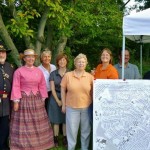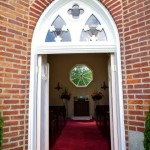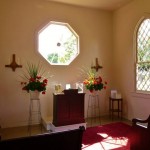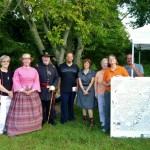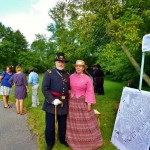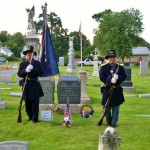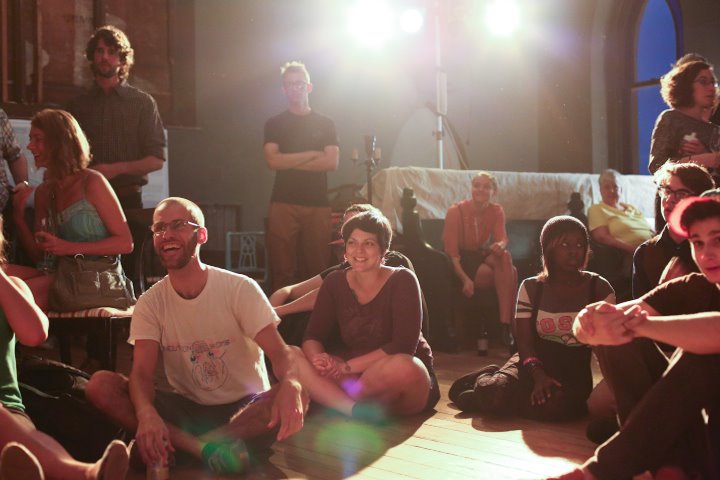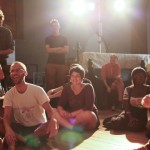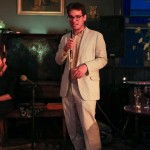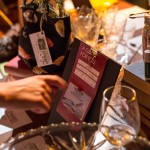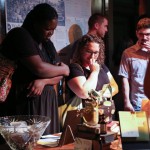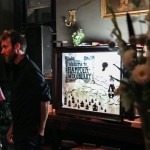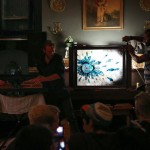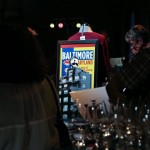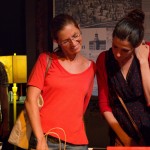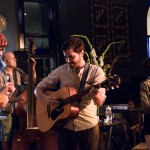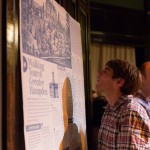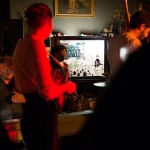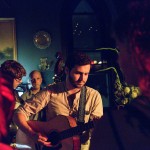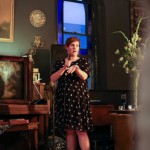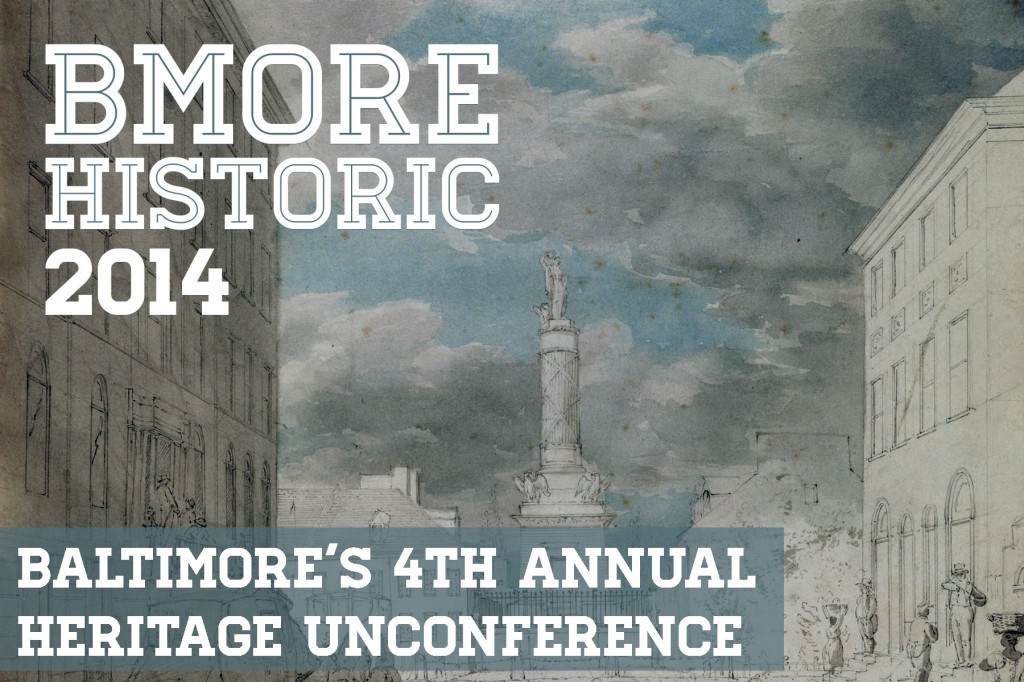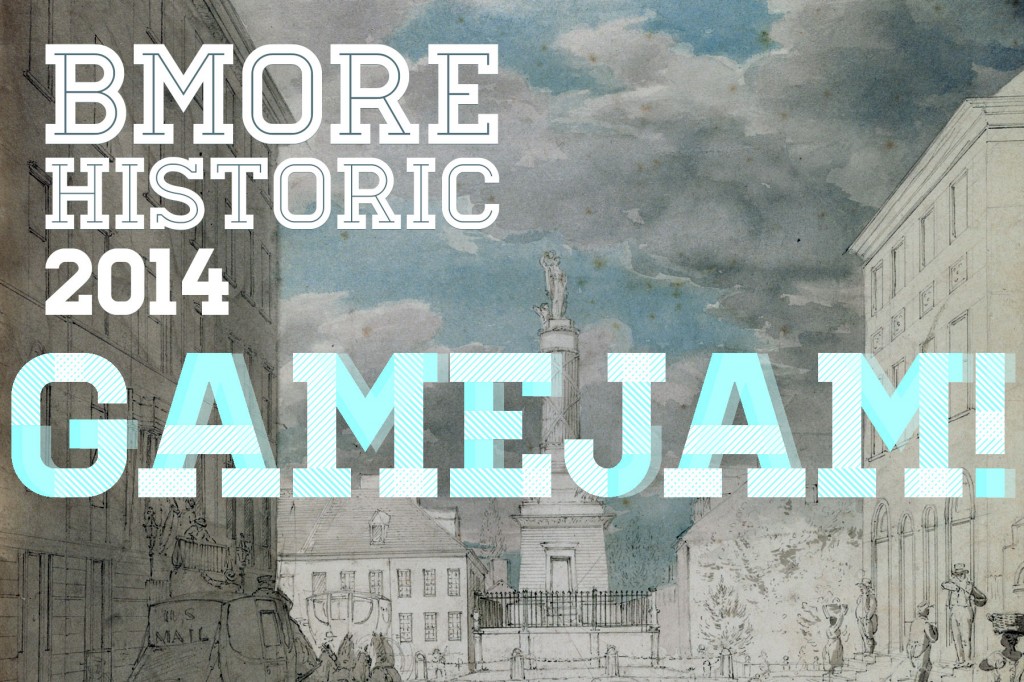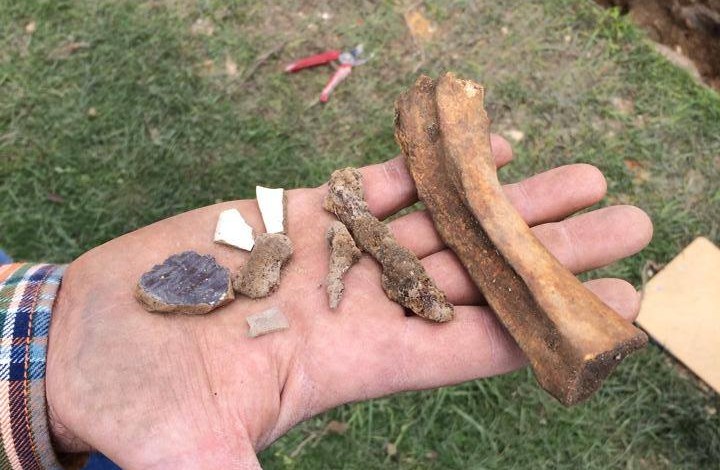Our archeological investigation in Patterson Park this spring surprised almost everyone with the great number and diversity of artifacts we recovered. Over a thousand artifacts from 1814-era musket balls to left-over animal bones help us learn more about the history of Patterson Park and the people of Baltimore.
This summer, Archeological Society of Maryland is continuing its generous support for We Dig Hampstead Hill by taking on the laboratory processing of the archeological materials at their volunteer lab in Crownsville, Maryland. If you thought archeology was all about digging, this is your opportunity to experience the next phase of archeological discovery!
When can I volunteer?
Volunteer opportunities are available most weeks Tuesday and Wednesday between 9:30am and 3:30pm. Processing the Hampstead Hill collection is expected to continue from August through September. Volunteers are welcome to sign up for a few hours or for a full day. After the conclusion of this project, additional volunteer opportunities will be available at the lab on most Tuesdays to process artifacts from a contact-period Native American archeological site.
Where is the lab located?
Maryland Historical Trust
100 Community Place
Crownsville, MD 21032
How can I sign up?
To volunteer, contact Greg Katz at gkatz@louisberger.com. Seats in the lab are limited and will be filled on a first-come-first-served basis.
Processing includes washing/cleaning, drying, labeling, identification, cataloging, data entry, and packaging for long-term care. No prior experience or training is required to get involved with this stage of the project! Volunteers will work alongside lab director Louise Akerson, retired Director of the Baltimore Center for Urban Archaeology, and Fieldwork Director Greg Katz and his team from the Louis Berger Group. Cleaning artifacts is a great way to learn more about conservation and artifact identification.


